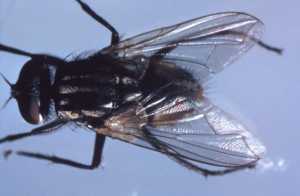Author Interviews, Global Health, Infections / 16.04.2019
Travelers Can Bring Home Drug-Resistant Bacteria as Souvenirs from Low and Middle Income Countries
MedicalResearch.com Interview with:
Lynn Meurs, PhD
EPIET fellow at Robert Koch Institute
European Centre for Disease Prevention and Control
Germany
MedicalResearch.com: What is the background for this study? What are the main findings?
Response: It is unknown how Enterobacteriaceae (ESBL) -producing bacteria are spread, but several studies have shown that intercontinental travellers often return home with these drug-resistant bacteria.
The aim of our study was to investigate into more detail what causes colonisation with these bacteria in people travelling to low and/or middle-income countries (LMICs) in the tropics and subtropics. We found that out of the travellers that were ESBL-negative before travelling, 23% of returned with ESBL-producing bacteria. In line with previous studies, we found that travelling to Eastern, Southern, and Western Asia is associated with ESBL colonisation.
Unexpectedly, we furthermore found that staying in a hotel as well as in private accommodation as compared to other types of commercial accommodation such as hostels, camping or guesthouses, was associated with the colonisation with these drug-resistant bacteria. (more…)


